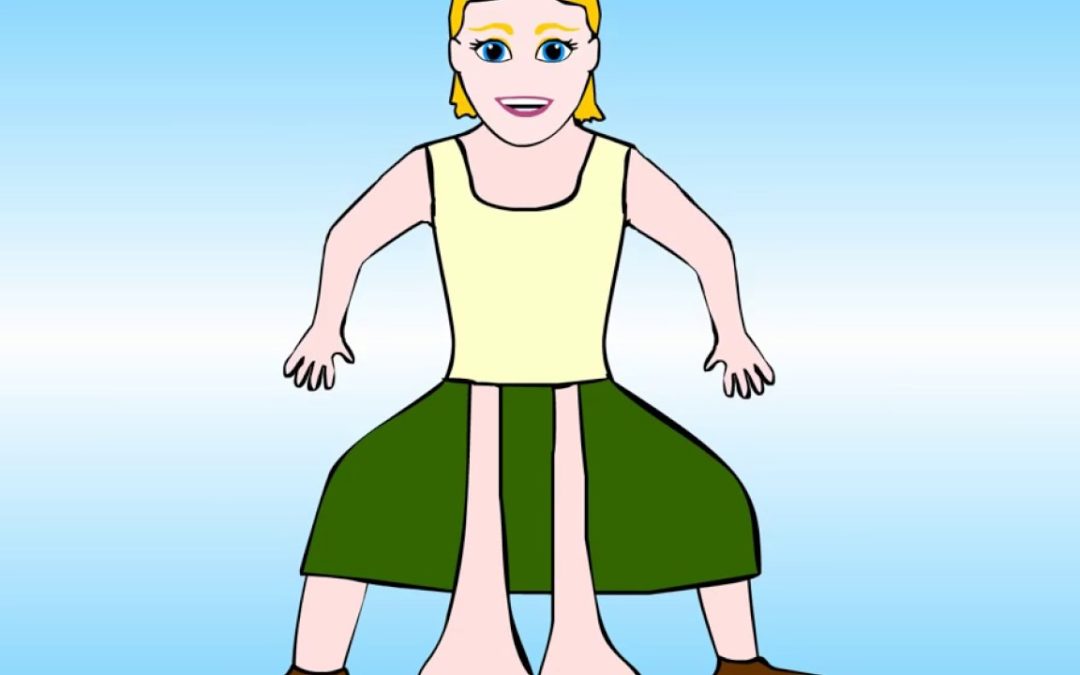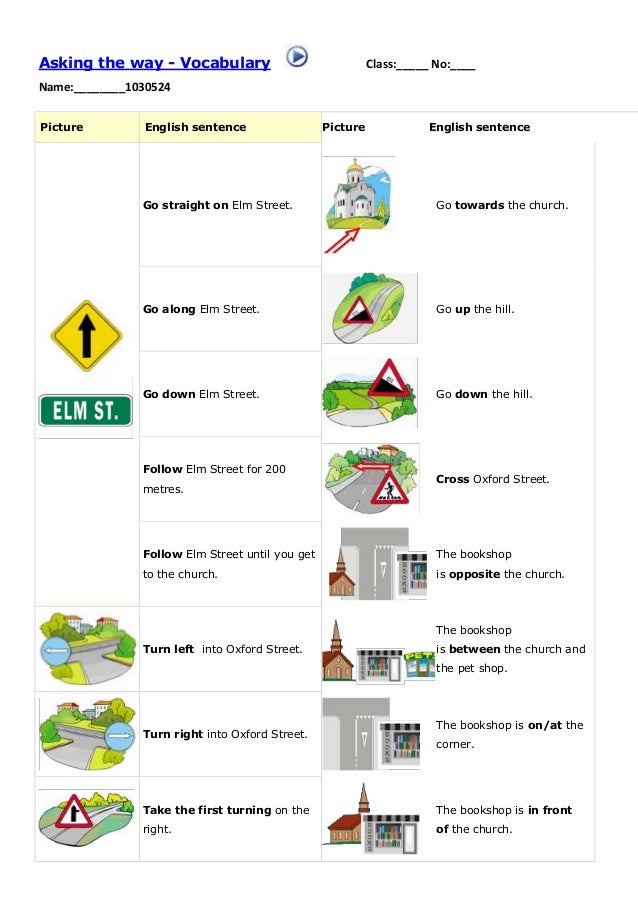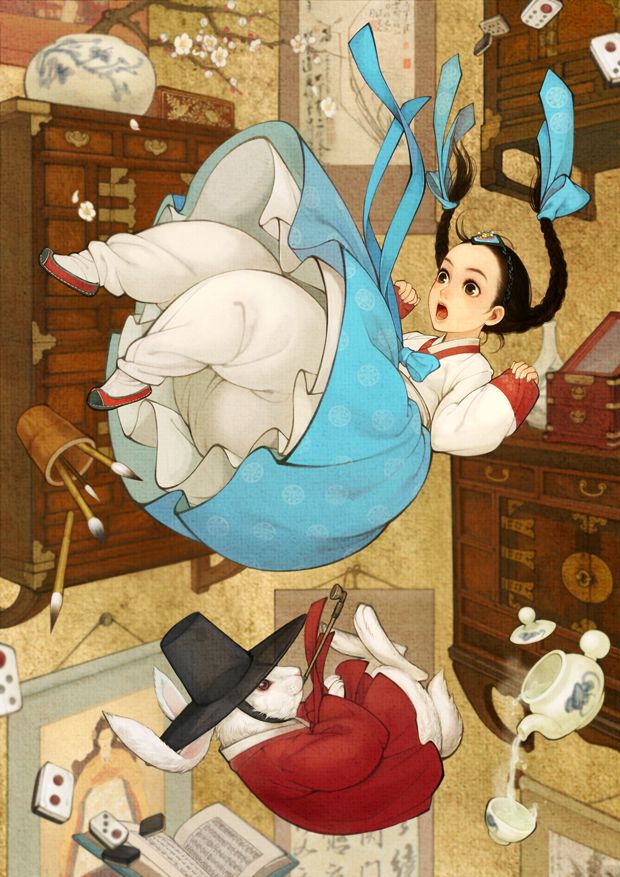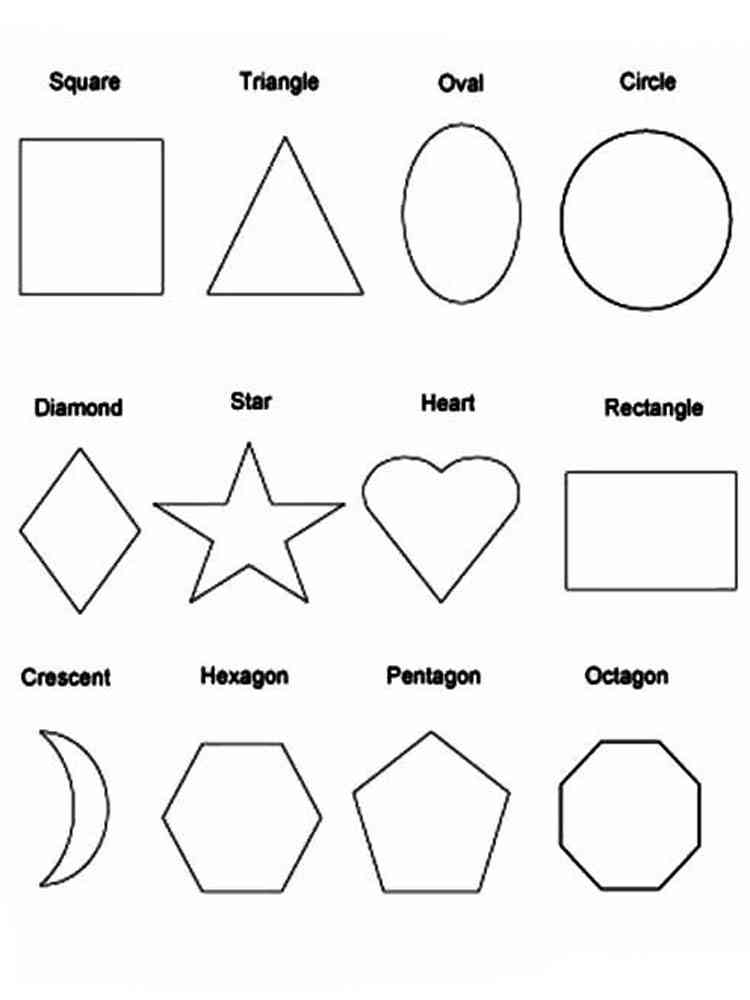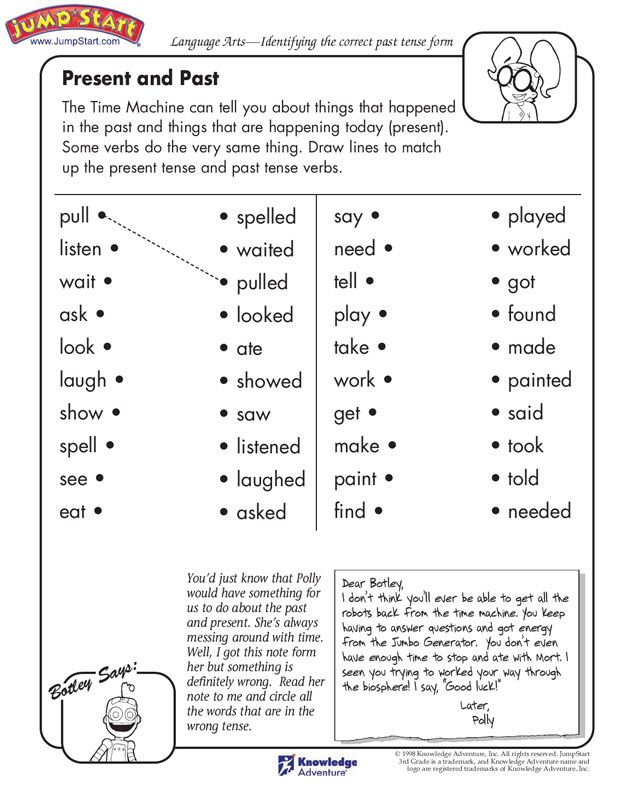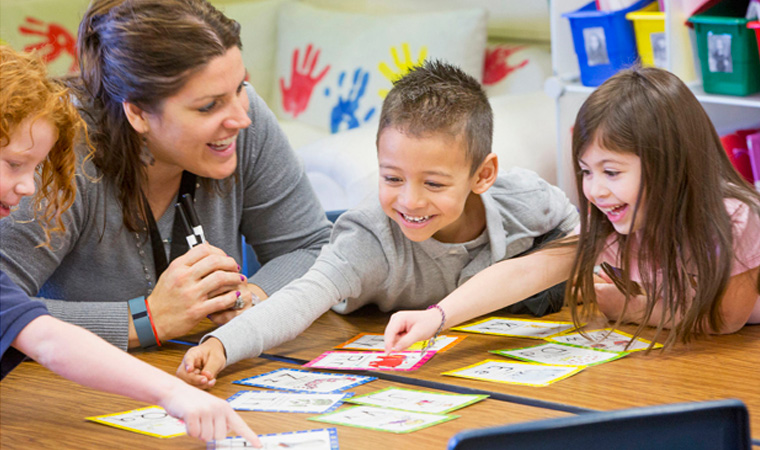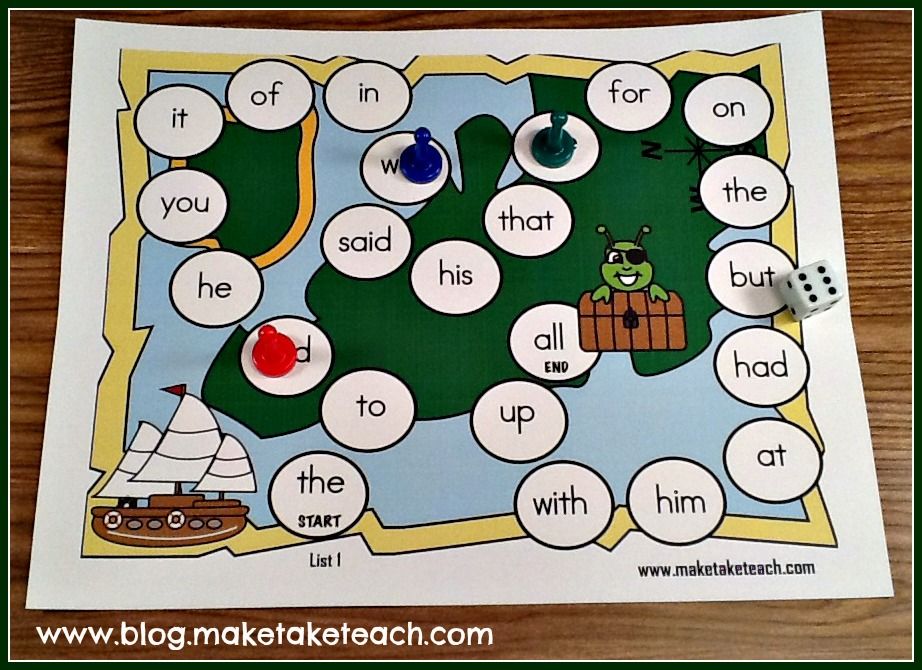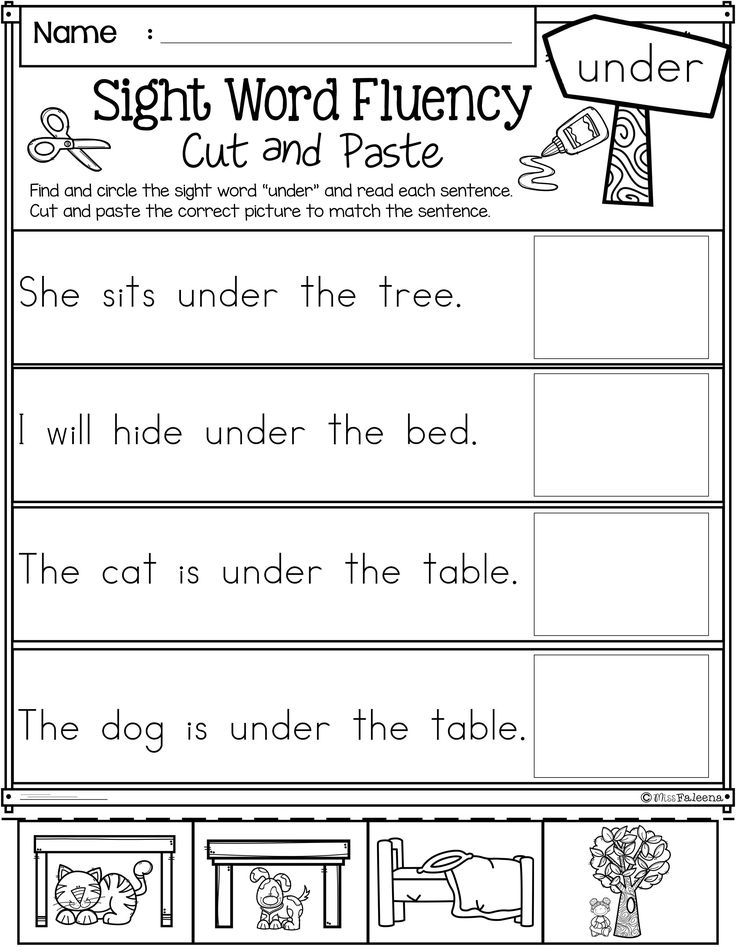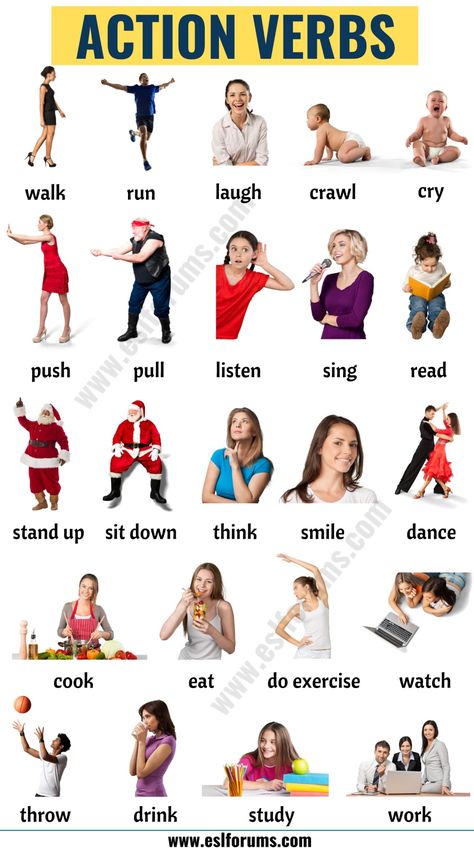Does your hang low
Do Your Ears Hang Low - Kids Environment Kids Health
Please enable JavaScript to hear the song!
Two versions are shown below.
Version 1
Do your ears hang low?
Do they wobble to and fro?
Can you tie them in a knot?
Can you tie them in a bow?
Can you throw them o'er your shoulder
like a continental soldier?
Do your ears hang low?
Do your ears hang high?
Do they reach up to the sky?
Do they droop when they are wet?
Do they stiffen when they're dry?
Can you semaphore your neighbour
with a minimum of labour?
Do your ears hang high?
Do your ears flip-flop?
Can you use them for a mop?
Are they stringy at the bottom?
Are they curly at the top?
Can you use them for a swatter?
Can you use them for a blotter?
Do your ears flip-flop?
Do your ears hang out?
Can you waggle them about?
Can you flip them up and down
as you fly around the town?
Can you shut them up for sure
when you hear an awful bore?
Do your ears hang out?
Version 2
Do your ears hang low?
Do they wobble to and fro?
Can you tie them in a knot?
Can you tie them in a bow?
Can you throw them o'er your shoulder
like a Continental Soldier?
Do your ears hang low?
Does your tongue hang down?
Does it flop all around?
Can you tie it in a knot?
Can you tie it in a bow?
Can you throw it o'er your shoulder
like a Continental Soldier?
Does your tongue hang down?
Does your nose hang low?
Does it wiggle to and fro?
Can you tie it in a knot?
Can you tie it in a bow?
Can you throw it o'er your
shoulder like a Continental Soldier?
Does your nose hang low?
Do your eyes pop out?
Do they bounce all about?
Can you tie them in a knot?
Can you tie them in a bow?
Can you throw them o'er your shoulder
like a Continental Soldier?
Do your eyes pop out?
Do your eyeballs droop
do they wobble in your soup
can you tie them in a loop
can you wind them on a hoop
do your eyeballs droop!
The following verses are copyright 1998 by Lawrence, Ann, Benjamin, and Katherine Sulky
Do your ears stretch wide? Do they reach from side to side?
Can you use them as a parachute
or wings that let you glide?
Can you cast a cooling shadow
over most of Colorado?
Do your ears stretch wide?
Are your ears too big? Are they heavy as a pig?
Do they bruise your cerebellum
when you dance an Irish jig?
Can they function as the anchors
for a fleet of oil tankers?
Are your ears too big?
Are your ears real small? Barely visible at all?
Do they look just like two peanuts stuck onto a bowling ball?
Can you store them in a thimble when you're feeling rather nimble?
Are your ears real small?
Are your ears quite clean? Do they have a lovely sheen?
Did you harvest all the vegetables that grow down in between?
Did you wash out all the soil after all your farming toil?
Are your ears quite clean?
Are your ears so thin? Do the breezes make 'em spin?
Can you shine a light right through them like the finest onionskin?
Can you wrap up a salami? Do they fold like origami?
Are your ears so thin?
For parents
Ear infections cause babies and children much distress, even when they cannot explain their symptoms. Learn about the warning signs and what you can do to help your child from the National Institute on Deafness and Other Communications Disorders.
For kids
It’s a noisy world out there! Traffic, music, the TV blaring—and more. Learn how you can protect your hearing from the NIH program it's a Noisy Planet.
For teachers
How does the brain understand what the ear hears? Teach your middle‐school students about the multisensory process of human communication, as well as the fundamentals of sound and how to prevent hearing loss with this module from the National Institute on Deafness and Other Communication Disorders (NIDCD).
Back to Top
Do Your Ears Hang Low?
Posted on November 7, 2011 by admin | Leave a comment
This is one of those wonderfully funny songs that draw a smile from babies, toddler, moms, dads and grandparents alike! It’s often listed as a kids song, a folk song, a summer camp song, a scout song and also as a song that is accompanied by hand motions and all of these are true!
While it’s related in lyrics and melody to the famous fiddle tune “Turkey In The Straw”, no one really knows who wrote it and the song has certainly been handed down to so many people that a variety of different versions have survived.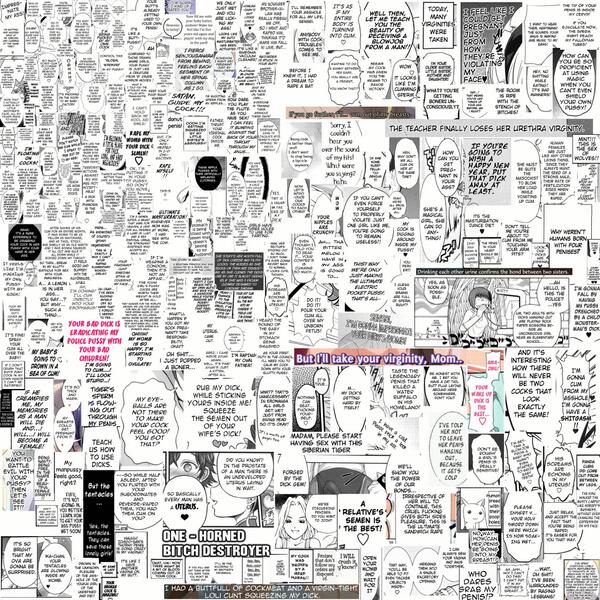 You can look below for a version that I like to sing and also one that Wikipedia lists as alternate lyrics.
You can look below for a version that I like to sing and also one that Wikipedia lists as alternate lyrics.
How do you do the hand movements? They are really easy. Check out the link below to see the guitar chords and hand movements explained. Or download the free sheet music. Or download my free mp3 of this song from that great kids song resource – Kiddiddles.
So, go ahead. Get silly. And let your kids see you getting silly! Challenge them to learn the hand movements – they will probably master them before you! Just one warning here – it may not be a good idea to sing this song while you have a cold. Have you guessed why? If not, check verse five below and get ready to catch some run-away appendages!
Hear Daria’s version on Kiddiddles here:
http://www.kididdles.com/lyrics/d104.html
Do Your Ears Hang Low?
On Itunes
Do Your Ears Hang Low?
On Amazon mp3
Do Your Ears Hang Low Lyrics, Sheet Music and Misc.
Printable lyric Sheet
Free Sheet Music For Piano
Hand Motions
More Silly Songs from Daria’s website:
http://www.dariamusic.com/sillysongs.php
DO YOUR EARS HANG LOW?
Do your ears hang low?
Do they wobble to and fro?
Can you tie them in a knot?
Can you tie them in a bow ?
Can you throw them over your shoulder?
Like a continental soldier?
Do your ears hang low?
Do your ears flip flop?
Can you use them for a mop?
Are they stringy at the bottom?
Are they curly at the top?
Can you use them for a swatter?
Can you use them for a blotter?
Do your ears flip flop?
Do your ears hang high?
Do they reach up to the sky?
Do they droop when they’re wet
Do they stiffen when they’re dry?
Can you semaphore your neighbor
With a minimum of labor?
Do your ears hang high?
Do your ears hang wide?
Do they flap from side to side?
Do they wave in the breeze
With the slightest little sneeze?
Can you soar above the nation?
With a feeling of elation?
Do your ears hang wide?
Do your ears fall off?
Does it happen when you cough?
Do they lie there on the ground?
Or bounce around at every sound?
Can you stick them in your pocket
Like a little Davey Crockett?
Do your ears fall off?
Wikipedia lists this as another set of verses:
Do your ears hang low?
Do they wobble to and fro?
Can you tie ‘em in a knot?
Can you tie ‘em in a bow?
Can you throw ‘em o’er your shoulder
Like a regimental (or continental) soldier
Do your ears hang low?
Do your ears stand high?
Do they reach up to the sky?
Do they droop when they are wet?
Do they stiffen when they’re dry?
Can you semaphore your neighbor
With a minimum of labor?
Do your ears stand high?
Do your ears flip-flop?
Can you use them as a mop?
Are they stringy at the bottom?
Are they curly at the top?
Can you use them for a swatter?
Can you use them for a blotter?
Do your ears flip-flop?
Do your ears stick out?
Can you waggle them about?
Can you flap them up and down
As you fly around the town?
Can you shut them up for sure
When you hear an awful bore?
Do your ears stick out?
This entry was posted in Family Fun, Favorite Songs, Silly Songs, Uncategorized and tagged camp songs, childrens music. , dariamusic, do your ears hang low, family fun, kids songs, nonsense rhymes, silly songs, singing, songs with motions. Bookmark the permalink.
, dariamusic, do your ears hang low, family fun, kids songs, nonsense rhymes, silly songs, singing, songs with motions. Bookmark the permalink.
The photographer must leave something for eternity
Profession
About a year ago Andrey Chepakin headed the Guild of Photojournalists of the Union of Journalists of St. Petersburg and the Leningrad Region. He faced difficult tasks - to activate the work of the professional community, to attract young people, to introduce new forms of work. A JOURNALIST asked a well-known photographer about the life of the trade union, the problems of modern professionals and career opportunities
Why professional associations are needed
Previously, the Union of Journalists was a trade union and had financial resources that allowed them to manipulate the journalistic community. Now this is also a union, but since all the media are fragmented and belong to different owners with different political views and sources of funding, now mature journalists essentially do not need it.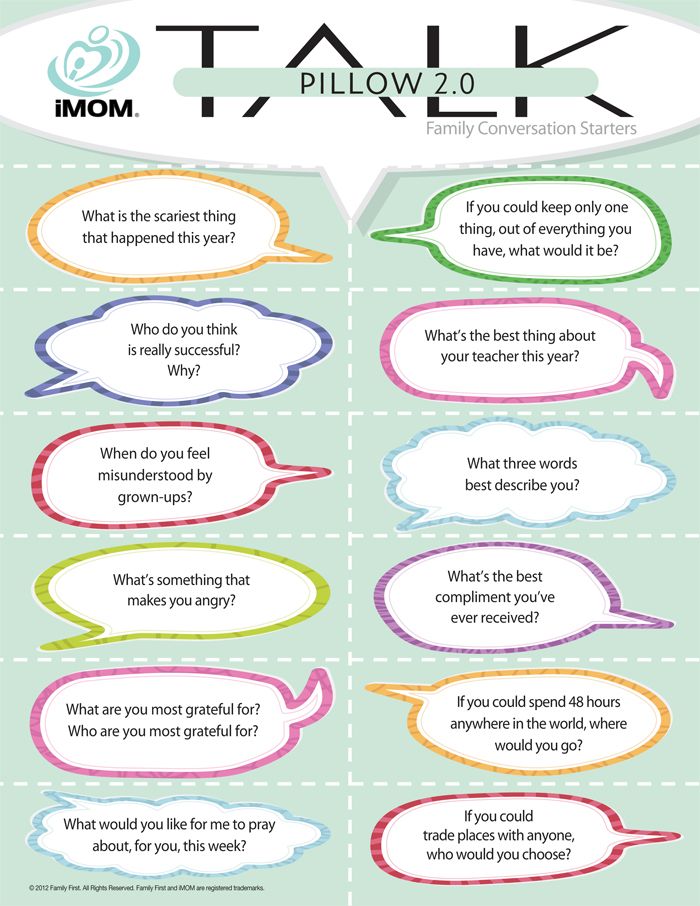 And I understand that it is necessary to practice some forms that would interest everyone. Probably, first of all, these are projects related to youth.
And I understand that it is necessary to practice some forms that would interest everyone. Probably, first of all, these are projects related to youth.
I monitored: there are good young people, but there is nowhere to apply their professional knowledge to them. We brought in many new members due to the fact that for some my word still means something, because I had and still have opportunities to offer work and some kind of training. Of course, the lack of own premises interfered - the Journalist's House was under repair. But even after its opening, we still have nowhere to gather.
We have cleaned up the photo nomination on the Golden Pen. For example, they removed from there such rudiments as handing over paper photographs. We expanded the series to 12 photos according to international standards. There are also other working projects. For example, we discovered that the Berlin Union of Journalists wants to be friends with us. It turns out that they have almost two thousand members there, and the chairman is a photographer.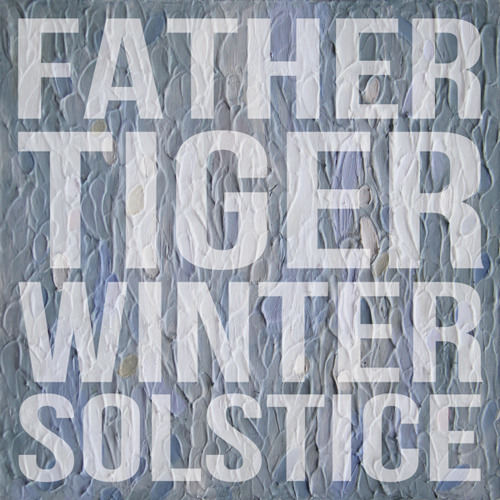
But in general, much more needs to be done than has been done. In its current form, the Union of Journalists is useful only for working with young authors, and in fact it used to be work with older members, but now there are no funds for this.
Ideally, the Union should deal with the following: a coherent educational program based on practical and exhibition activities, as well as assistance in publication. Now this is the most difficult thing to do: either young photographers are not paid money, or some kind of rules are established. Not everywhere is an adequate level of quality, and the scale of criteria is somehow blurred now.
The trouble is that we immediately prepare abstract artists, and before that you need to at least draw a hand, as in the Surikov School. With us, students immediately turn into geniuses, there is no mastery. A professional differs from a non-professional in that you are ready to show your craft at 100% of your capabilities every minute. And it doesn't matter if you are filming a military operation in a hot spot, an expedition to the North Pole, or a meeting of tops in some company. Or you are hanging tied on wire ropes on a helicopter 300 meters above the ground, or you are sitting comfortably and drinking coffee, and imposing people are sitting around you - you still have to do quality work.
And it doesn't matter if you are filming a military operation in a hot spot, an expedition to the North Pole, or a meeting of tops in some company. Or you are hanging tied on wire ropes on a helicopter 300 meters above the ground, or you are sitting comfortably and drinking coffee, and imposing people are sitting around you - you still have to do quality work.
And if you have a TK, you must fulfill it 100%, even if your nose bleeds.
What is happening with the education of photographers
There are quite a lot of educational projects now. It can be a photographer who organizes a creative workshop and teaches himself. There are entire private schools where they recruit teachers who teach according to a strict curriculum. And in such schools, great professionals, such as Sasha Belenky, do not hesitate to teach the very basics of photography. It is surprising when a university teacher tells what was previously taught in the circle of the House of Pioneers. It also happens that a photographer shot two series in his life and suddenly became a “guru”.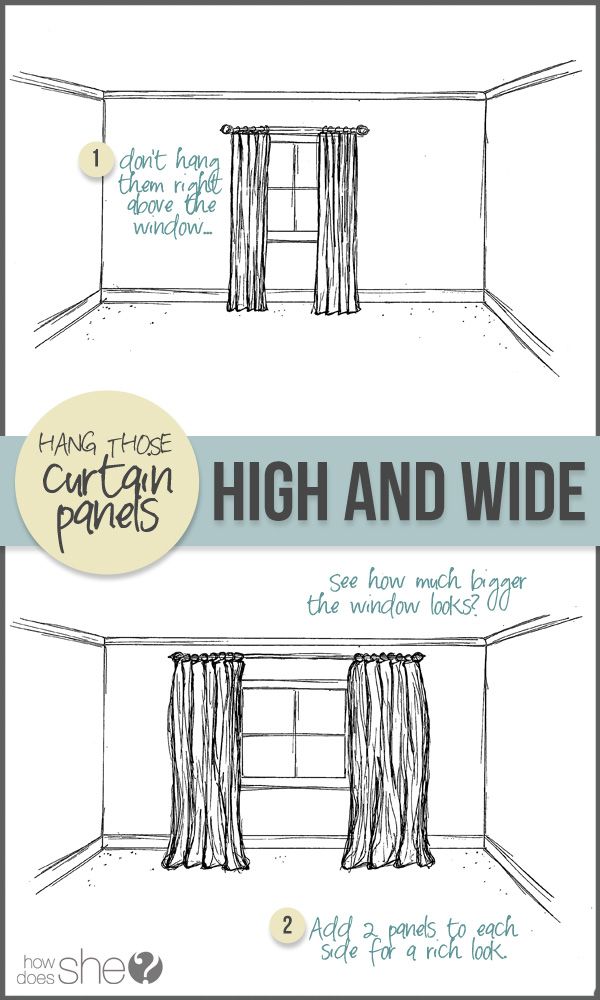 I do not presume to judge, but still the teacher must have some baggage.
I do not presume to judge, but still the teacher must have some baggage.
I would probably go to a particular master, I would not buy into beautiful wrappers. It is important to look at the message of the master - either he prepares clones for himself, or brings up an independent creative person. You should not imitate - you need to correctly study the techniques, evaluate and dissect the work of the master. After all, many remain their entire creative career in imitation - this is a dangerous path.
Ossetian special forces operation to restore the historical borders of South Ossetia. South Ossetia - Georgia, August 2008
How to build a career as a young specialist
In my career, I saw the heyday of photography. Having worked in such newspapers as Leningradskaya Pravda, Izvestiya, Parlamentskaya Gazeta, and the Federation newspaper, I have never filmed a single party meeting in my entire life. It was a time when we really created, no matter what. Of course, I was lucky with the publications.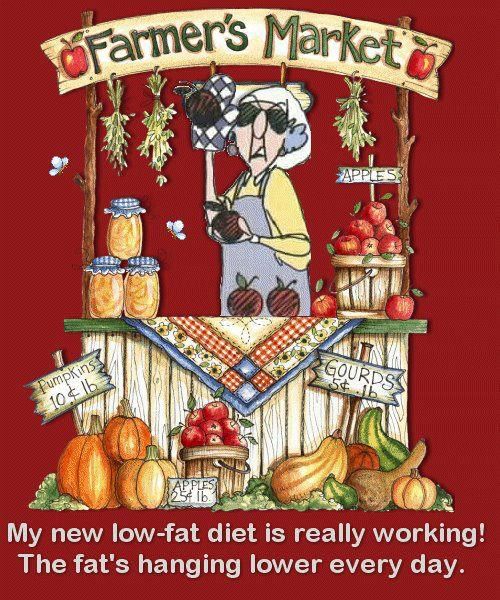 In 1980-1990, Izvestia was the photography team of the Soviet Union.
In 1980-1990, Izvestia was the photography team of the Soviet Union.
Now it is very difficult, because all the traditional media seem to have died, but it seems to be reborn again, like the “Russian Reporter”. But, despite these flutterings, the global trend is such that all the largest brands, unshakable magazines that were decent authorities for us, have gone digital. And this beautiful tactile sensation is no longer there. And in the new editions there is no class, there is a lot of taste. But the saddest thing is that in most of them there is no money.
Yes, there are specialists in the West who wake up in the morning and think about how they will shoot 500 versions of a matchbox for a photobank today. And he knows that everyone will buy from him for a “ruble”. We don’t have such demanded photobanks either, so for 99.9% of photographers any offer of a professional job should be taken as a gift of fate. If you were invited to work full-time in any publication - run there, forgetting everything in the world! If you have the opportunity to work with several publications, you should also use it.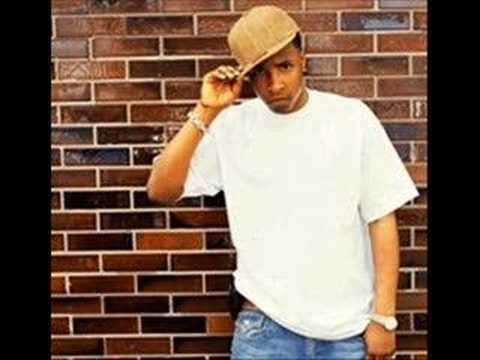 I have experienced it myself.
I have experienced it myself.
Those who honestly earn a living in Russia as a reporter can sit down and count on Facebook - there won't even be a hundred. In Moscow, these are MIA Rossiya Segodnya, TASS, Kommersant, Izvestia, and some Moscow publications. Everything is very sad in St. Petersburg, so our guys run to Moscow and work there as guest workers. But what if a person wants to develop.
We have a lot of illusions about the European market. It's funny when a photographer says that he is in demand abroad. Yes, there is Kozyrev from the NOOR agency - this is a personal photographer. There are those who work for agencies, in the same St. Petersburg. But this is not a demand for a person, but for the agency that he represents. So it often happens that one day you are asked to shoot an interesting project, and the next - a dish from above in a restaurant. There are enough photographers abroad, and if something is needed here, they will organize a representative office in Russia.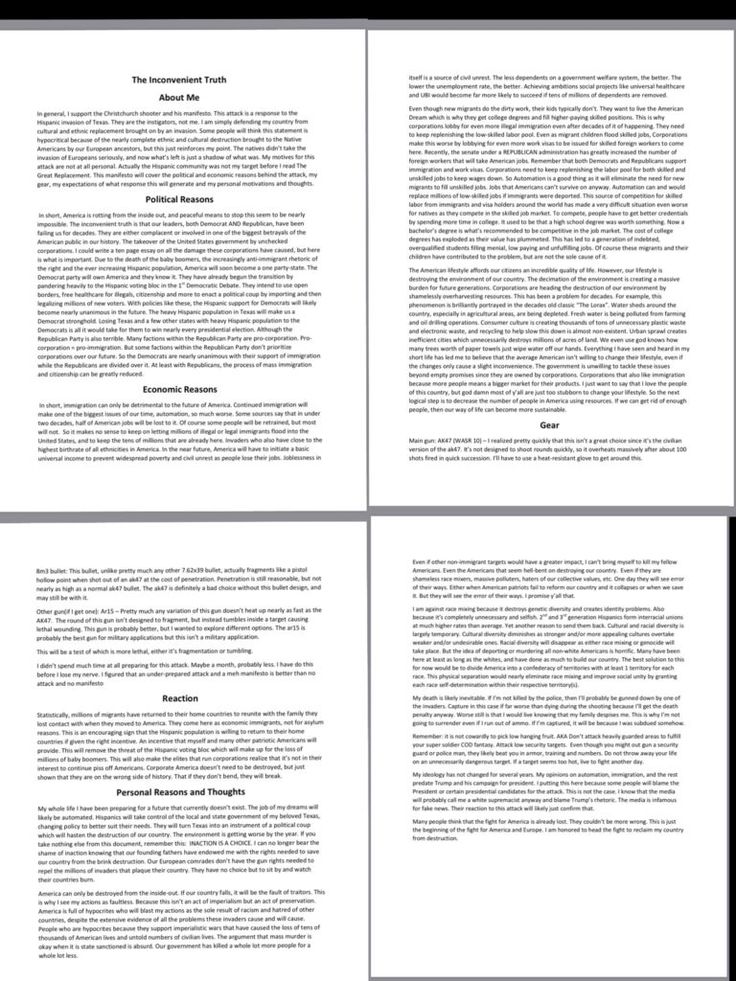
If they understand that they will manage, they will close it, like Reuter's bet in St. Petersburg.
About modern standards of work
Of course, in the West, much is standardized, because they have been doing this for a long time. When I was shooting for the Western media back in 1980-1990, they sent very clear technical specifications. The Americans and Germans have it clearer, the French have it more blurry, but it was still surprising for us then. We are more about eternity and the soul…
Now a paradoxical thing is happening. Russian photographers, especially of the younger generation, are so ready to follow the standard and trends that they are ready to kill their creative self. And it turns out that we are more pro-Western than real Western photographers. Why did we enter this profession? Probably to speak out and leave something for eternity. And if you like to meet standards, then do corporate photography. I spent a year in a corporation and discovered a whole “field” of photographers who are absolutely unknown to anyone, but earn very well. It turns out that this is a huge market, where there are always some tenders. I saw such “masters” there, from whom the hair stood on end, but they live well. That's where everything is written in the technical task.
It turns out that this is a huge market, where there are always some tenders. I saw such “masters” there, from whom the hair stood on end, but they live well. That's where everything is written in the technical task.
Probably, this question has always been raised. If you came into photography, then first of all it is an art and you need to be a creative “I”.
The latest trends in photography
There are a lot of trends, and they depend on the requirements of a particular exhibition, competition or publication. Despite the fact that everyone criticizes World Press Photo, still, by inertia, tens of thousands of photographers send their work there every year. It is clear that the competition is politicized. Like most photographers, when I saw that shot of the murdered ambassador, I immediately knew that he would be the winner. Everything coincided there: from artistic and journalistic merits to the topic and trend. At 99% were clear it was a win.
But at least it's really a photograph. And if you remember the winner a few years ago, then in her picture an American tax inspector wanders around the apartment of a man who is unable to repay a loan. The topic turned out to be relevant, there was a crisis in America. And if we compare, then this year's photo will remain in history for a long time, it has become a symbol. But most of the winners didn't.
And if you remember the winner a few years ago, then in her picture an American tax inspector wanders around the apartment of a man who is unable to repay a loan. The topic turned out to be relevant, there was a crisis in America. And if we compare, then this year's photo will remain in history for a long time, it has become a symbol. But most of the winners didn't.
Now more and more people are taking part in the Chinese version of the WPPhoto contest, and it has grown a lot. Our agencies are already sending photos there. It is wider in scope, because in the same World Press Photo you can see sports and nature, and everything else is the same - corpses, wars and disasters in various forms. But that's not what life is for most people.
Although at the moment it is a photographic "Oscar" due to its long history, but there are much more interesting competitions with their winners.
What happened with the transition to digital
If we compare the technical capabilities of photography, when I came into the profession, and the current ones are heaven and earth. For us, increasing the film speed from 160 units to 800 was very problematic. Now you can shoot at 30 thousand.
For us, increasing the film speed from 160 units to 800 was very problematic. Now you can shoot at 30 thousand.
But this did not bring any revolution to photography itself - documentary, journalistic. No one began to remove the pores or veins in front of the eyes, they still shoot about the soul. Thanks to technical possibilities, photography has become more relaxed. Not sloppy, but relaxed. Previously, the composition was measured by the golden ratio, but now it’s more in the style of “the photographer saw it that way”. The paradox is that, despite the fantastic technical capabilities that will continue to develop (for fun, Sports Illustrated magazine shoots Motorola phone covers, and the latest models of Huawei already have two Leica lenses built into it), global technical changes have only affected sports photojournalism and shooting nature.
Of course, not having to develop and print on paper affected photography. You have more time to be creative. Previously, you came from a business trip and you had several hundred films lying around, and it was a state of quiet horror, because you had to spend a couple of days in a darkroom. The digital image is in no way inferior to the film in terms of breadth, plus you have the processing tools allowed in journalism, the transfer speed and the enjoyment of the process itself. For me, editing and printing used to be a big negative addition to my love for photojournalism.
The digital image is in no way inferior to the film in terms of breadth, plus you have the processing tools allowed in journalism, the transfer speed and the enjoyment of the process itself. For me, editing and printing used to be a big negative addition to my love for photojournalism.
Now a person with a secondary education can master the technical part of photography in half a day. I know a lot of professionals who shoot in automatic mode and are not going to change anything, and we are talking about documentary photography. So there are many benefits, and one of them is that a lot of women have come into photography, because the cameras have become lighter and the process has become simpler and more “smart”. This has had a great effect on the profession for the better, in my opinion, side.
Reference
Andrei Chepakin worked for major Russian newspapers Leningradskaya Pravda, Parlamentskaya Gazeta, and Izvestia. For the last ten years, he was in charge of the photo service in the Nevskoe Vremya newspaper, which had the unofficial status of "the most photographic newspaper in Russia.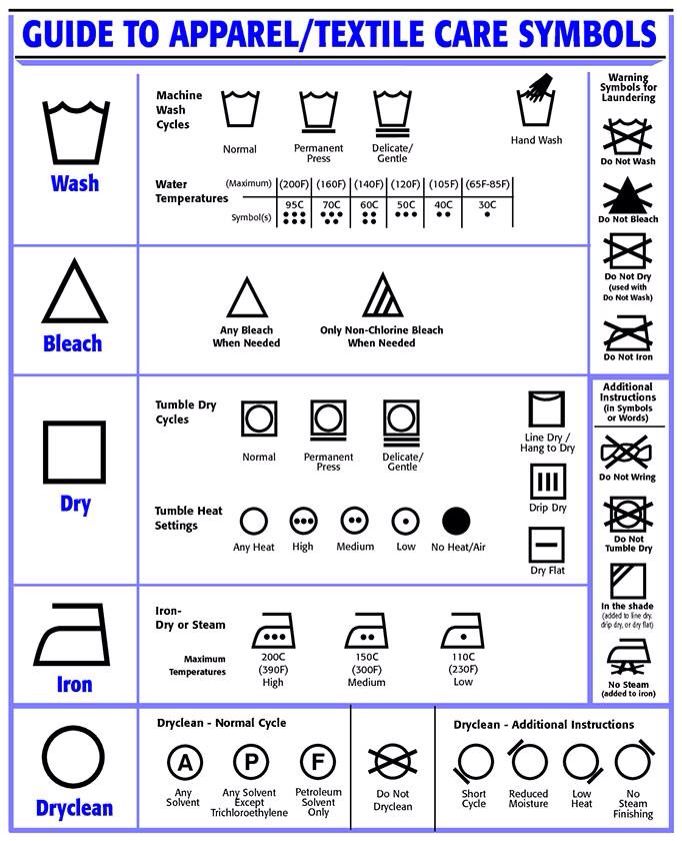 " Laureate of national and international awards. Has state awards.
" Laureate of national and international awards. Has state awards.
A photo of a surfer in front of a plane landing at Denpasar Airport was recognized by NRC Handelsblad as the most extreme photo of 2014. The shot for Nevsky Vremya was taken in the Pacific Ocean, not far from Ngurah Rai Airport in Bali. Airplanes, coming in for landing, fly very low over the surface of the ocean there. Sometimes the aircraft is even lower than the surfers riding on the waves.
Photo: Andrey Chepakin
Report an error
Subscribe to the magazine
Subscribe to newsletter
Mar 20, 2017
Russian language. First step - Page 14
Task 29. Write dictation 1 (words) and dictation 2 (text).
Game
A couple is a team. We need to collect words. The first couple to do this is the winner.
Task 30. Fill in the table.
|
| Word |
| Action |
|
|
| (noun) |
| (verb) |
|
|
| game |
| play |
|
|
|
|
| work |
|
|
|
|
| have breakfast |
|
|
|
|
| have lunch |
|
|
|
|
| supper |
|
|
|
|
| teach |
|
|
|
|
| rest |
|
|
|
|
| yes |
|
|
|
|
| answer |
|
|
|
|
| buy |
|
|
|
|
| love |
|
|
|
|
| help |
|
|
|
|
| talk |
|
|
|
|
| practice |
|
|
|
|
|
| |
|
|
| Where? |
| |
| left | right | middle |
| close = close | away | straight |
|
| New words: |
|
| left | middle | close = close |
| right | straight | away |
|
| 132 |
|
|
|
|
|
|
| Stand - II | conjugation |
| lie - II conjugation |
| i | we | i | we |
| you | you | you | you |
| he | they | he | they |
|
|
|
|
|
|
|
|
|
|
|
| Hang | located | |
| I hang | we hang | I am | we are |
| you hang | you hang | you are | you are |
| he hangs | they hang | he is | they are |
|
|
|
|
|
Task 31. Read sentences. The closet is on the right.
Read sentences. The closet is on the right.
The refrigerator is on the left. The chair is in the middle. The sofa and bedside table are far away. Masha and Tanya are standing side by side. The students are quiet.
I'm standing here.
You are standing far away. We are standing here. You are standing close.
The picture hangs in the middle. The clock is there. A towel hangs nearby. The curtains hang to the right. The board is here.
Map and alphabet hanging here. The apple hangs close.
Here is a light bulb. Why are you hanging here? The shelf hangs ugly.
The newspaper is on the right. The dictionary is on the left. Things are here.
The pencil and pen are there. Soap is nearby.
Here lies the carpet. I'm lying here.
You are lying next to me. We lie close. You are lying here.
Moscow is located there. The university is located here. The store is close. Bolshaya Pokrovskaya is located there. The house is far away.
Pillow and blanket are here. I am nearby.
Where are you? We are close. You are nearby.
133
|
| Task 32. Read dialogues. |
|
|
|
|
| 1. |
| 5. |
|
| – | Hello! | – Hello! Please tell me | ||
| – | Hello! | is this Minin Square? |
| |
| – | Please tell me where is | – | No, this is Bolshaya Pokrovskaya street. | |
| university? | – | Bolshaya Pokrovskaya – | is | |
| – | The university is located here. | Pokrovka? Correctly? |
| |
| are you looking for? | – | Yes, that's right, Pokrovka. |
| |
– I'm looking for building number two. He - And where is Minin Square? She is away?
| is here? | – | No, she's straight. And what do you want? | |
| – | Yes, he is here. Here he is. | – | I want to see the Kremlin. I am a tourist. |
| – | What's on the left? | Tell me, please, is the Kremlin there? | |
| – | Building number one there. | – | Yes. He is there. Right University and |
| – | Thank you. | fountain, and on the left - the Kremlin. | |
|
| 2. |
| 6. |
| – | Sorry, can you tell me, prospect | – | Excuse me, can you tell me where |
| Is Gagarin far away? | Is there a wardrobe? | ||
| – | No, he's close. See left | – | Here is a staircase, there is a corridor. Wardrobe |
| there is a shop, on the right is a house. Straight - | straight. But it doesn't work anymore. | ||
| Gagarin Avenue. | – | Understood. Thank you! Where is the toilet? | |
| - Got it. Thank you! | – | Here he is, next to him. | |
| – | Please. | – | Thank you! |
|
| 3. |
| 7. |
- Excuse me, do you know where - Ahmed, please tell me where my
| hostel is located? | towel? | ||
| – | Hostel? Don't know. And what is there | – | Your towel? I dont know. |
| nearby? | – | Where is your towel? | |
| – | There is a canteen nearby. | – | Here it is hanging. |
| – | Ah, I see! It is quite close. Here is | – | And what lies nearby? |
| is building number two. | – Where, where? | ||
| there is a canteen. And here is the hostel. | – | Right here. | |
| – | Thank you! | – | A! This is probably your towel. |
| – | Not at all. | – | Thank you. |
|
| 4. |
| 8. |
| – | Excuse me, can you tell me where they are | – | Masha, look, here is my room. |
| dumplings? | – | Oh, how interesting! | |
| – | Here is a refrigerator. Pelmeni | – | There is a cupboard here, there are my |
| lie there. | things. And here are books - textbooks, | ||
| – | Thank you, where is the cheese? | novels, poems. Do you love poetry? | |
| – | Look, there are shelves. On the left is | – | Very good! I love both reading and writing. |
| milk and sour cream, and cheese on the right. | – | My desk is on the right. There are | |
| – | Where is the kefir? | magazines, and notebooks in the middle. Here I am | |
| – | Sorry, not today. Just tomorrow. | doing. | |
| – | Thank you! | – | Let's study together! |
134
Task 33. Read texts.
Read texts.
1.
This is our city. This is its center - Minin and Pozharsky Square. It houses universities, offices and administration.
There is a fountain in the middle. It works in spring, summer and autumn, but it doesn't work in winter because it's cold. People rest nearby. To the right are cafes, restaurants, shops. Directly - Pedagogical University.
The Kremlin is on the left. People love to walk there. The Kremlin stands very high, and below is the Volga River. It is very beautiful in here.
2.
This is my district - Avtozavod. I have been living here for a long time. Here is my house, its number is three. There is a yard nearby, grandparents, their grandchildren, cats and dogs walk there. I also love walking there.
There is a shop nearby. Here people buy products - meat, milk, bread. On the left is the sports school. My brother works there. His name is Kolya. He is an athlete and a football player. My brother loves football very much.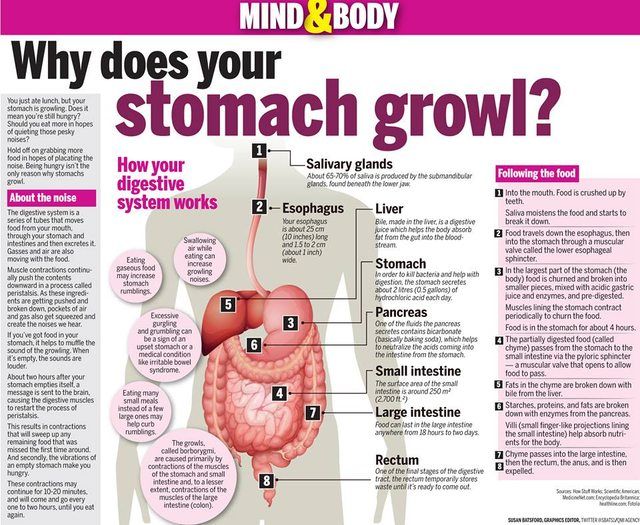 He plays morning, afternoon and evening. Maybe he plays at night too, I don't know.
He plays morning, afternoon and evening. Maybe he plays at night too, I don't know.
The factory is directly located. Our parents work here. Dad is an engineer, he makes cars. Mom is a cook, she cooks dinners. All the workers love her lunches. She cooks delicious food. But at home - only sandwiches. I cook breakfast, lunch and dinner.
3.
Look, this is my room! There is a carpet in the middle. And here is my table. Here are my books, pens, pencils. On the right are textbooks and a dictionary. Here I study - read, write, solve problems. I love learning lessons. In the morning I repeat the rules, and in the evening I do my homework.
My bed is on the left. There are pillows and a blanket. It's good to rest here. But I get very little rest. I don't like to just lie down. Nearby is a window - there is a courtyard. I often watch the children play there. My cat walks there. He loves to walk alone.
On the right there is a wardrobe and a bedside table.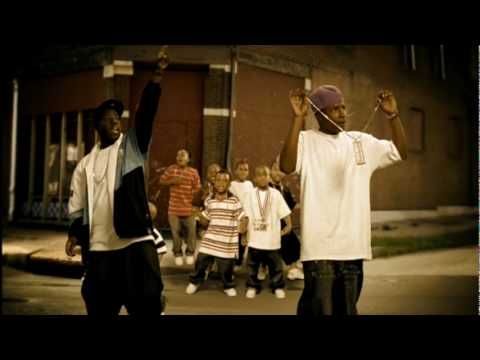 There are my things. A clock and a painting hang nearby. The picture is very beautiful - there is the sea. I love the sea, but it is very far away.
There are my things. A clock and a painting hang nearby. The picture is very beautiful - there is the sea. I love the sea, but it is very far away.
My TV is next to me. I don't often watch TV - only information programs. I don't like talk shows and serials. I think watching series is very boring. There is a shelf on the left. My computer is there. If you are a student, a computer helps a lot. I do tests and assignments.
My room is very nice. I love being here.
4.
Here is my bathroom. To the right is a bath and shower, but there is a curtain hanging. On the left is my towel, next to it is soap and shampoo. I take a shower in the morning and in the evening. It is very useful. There is a sink nearby. Here is the faucet. On the left is my soap, on the right is my toothbrush and toothpaste. And in the middle is a mirror. It is nice here!
135
| Task 34. Write verbs. |
|
|
|
| 1. |
|
| Here is my room. Middle | located | window, and next to it |
___________________ my bed. There are _____________ pillows and a blanket. On the right ___________________ is my desk. Here ___________________
my notebooks, pens and pencils. Near ___________________ regiment. Here
___________________ my books. Below ___________________ is my nightstand. There ___________________ is my TV. I love ___________________
movies. And here is ___________________ my carpet. He's very handsome.
2.
This is my kitchen. Here is ___________________
refrigerator. There ___________________ my products. Here is
___________________ milk and kefir. Near ___________________ cheese,
cottage cheese and butter. On the right ___________________ eggs, and on the left
___________________ fruits and vegetables. Below ___________________
sparkling water, beer and wine.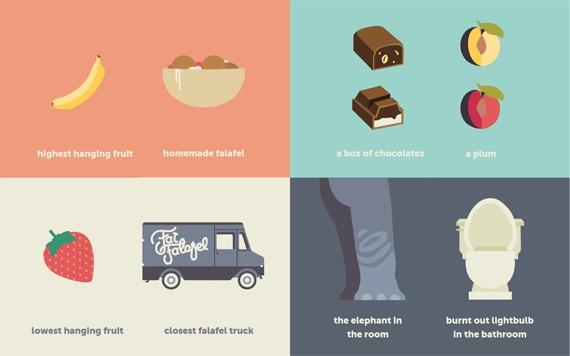 I don't ___________________ alcohol, but there are often guests at home. Next to ______ cake. Tomorrow is my birthday.
I don't ___________________ alcohol, but there are often guests at home. Next to ______ cake. Tomorrow is my birthday.
3.
This is our university. Here ___________________ is my faculty. Here is my floor, here ___________________ dean's office. Near ___________________
audience. This is audience number one. Here students ___________________,
they ___________________ Russian. There are ______ tables and chairs. In the middle is a ___________________ board. Left ___________________
hanger and cabinet. There are ___________________ books and magazines, and below
___________________ dictionaries. Next to _________ map. Straight
___________________ window.
And this is my table. Here ___________________ is my notebook. On the left
___________________ pen, and on the right ___________________ pencils and an eraser. Below ___________________ is my bag. There ___________________ an umbrella and a textbook.
4.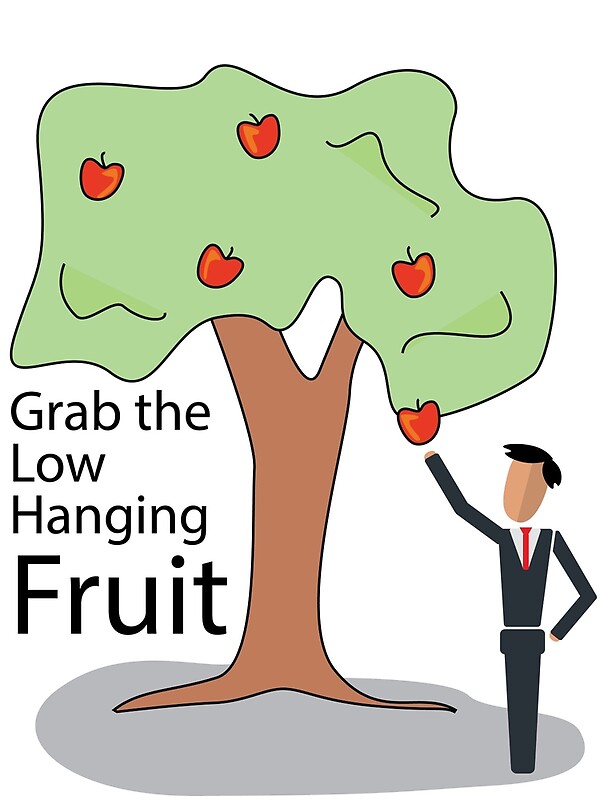
This is our living room. Here is a ______ sofa. Here often
___________________ my dad. He ___________________ and
___________________ newspapers. He is very ___________________ read. Right
___________________ window. Here ___________________ vase, there are always flowers. There is a _______ picture next to it. Below ___________________
chairs. In the middle ___________________ carpet. He's very handsome.
Straight ___________________ cabinet. There ___________________ books - novels, poems. My mother is a professor, she ___________________ poems. Near
___________________ regiment. There _________ my things. Here
___________________ toys, textbooks, pens and pencils.
Our living room is beautiful. We ___________________ relax here together.
136
|
| Where? | |
| top |
| high |
| bottom |
| low |
This is Pushkin street.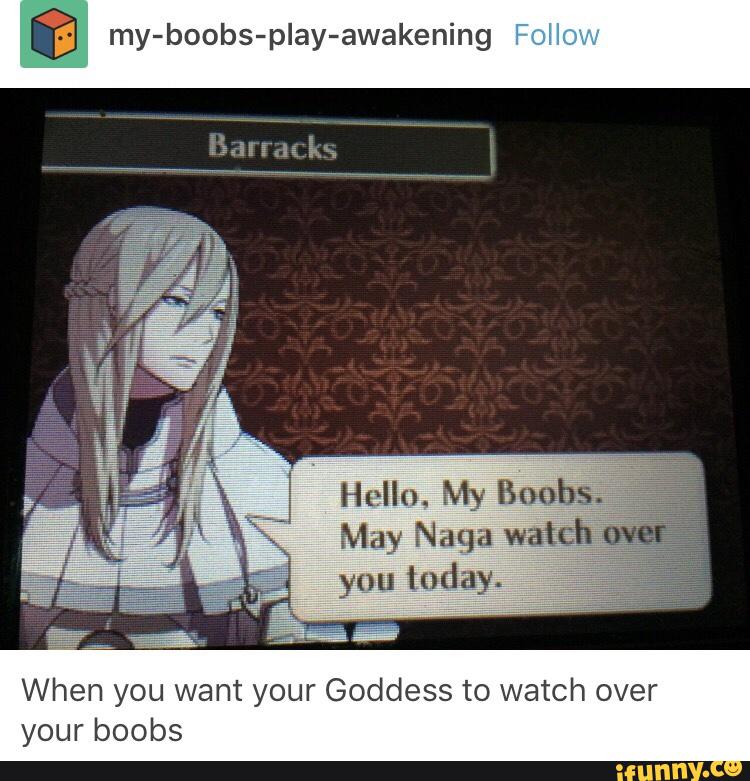 This is house number one. There are restaurants, cafes, shops and offices. Can you tell me what's underneath? What is at the top? What is in the middle?
This is house number one. There are restaurants, cafes, shops and offices. Can you tell me what's underneath? What is at the top? What is in the middle?
| Contact company | Bank "Standard" | X-Men Agency |
| Fruit and Vegetable Shop | pet store "Druzhok" | atelier "Beauty" |
| Comfort Restaurant | lunch and dinner cafe | Ballerina studio |
Task 35. Here is your university. Say what is below, above, in the middle.
_______________________________________________________________
________________________________________________________________________
__________________________________________________________________________
____________________________________________________________________
137
| Where is the sun - | Where is the sun - | Where is the person - |
| high or low? | high or low? | high or low? |
| Where is the suitcase - | Where is the fish - | Where is the person - |
| high or low? | high or low? | high or low? |
|
|
|
|
Homework
No.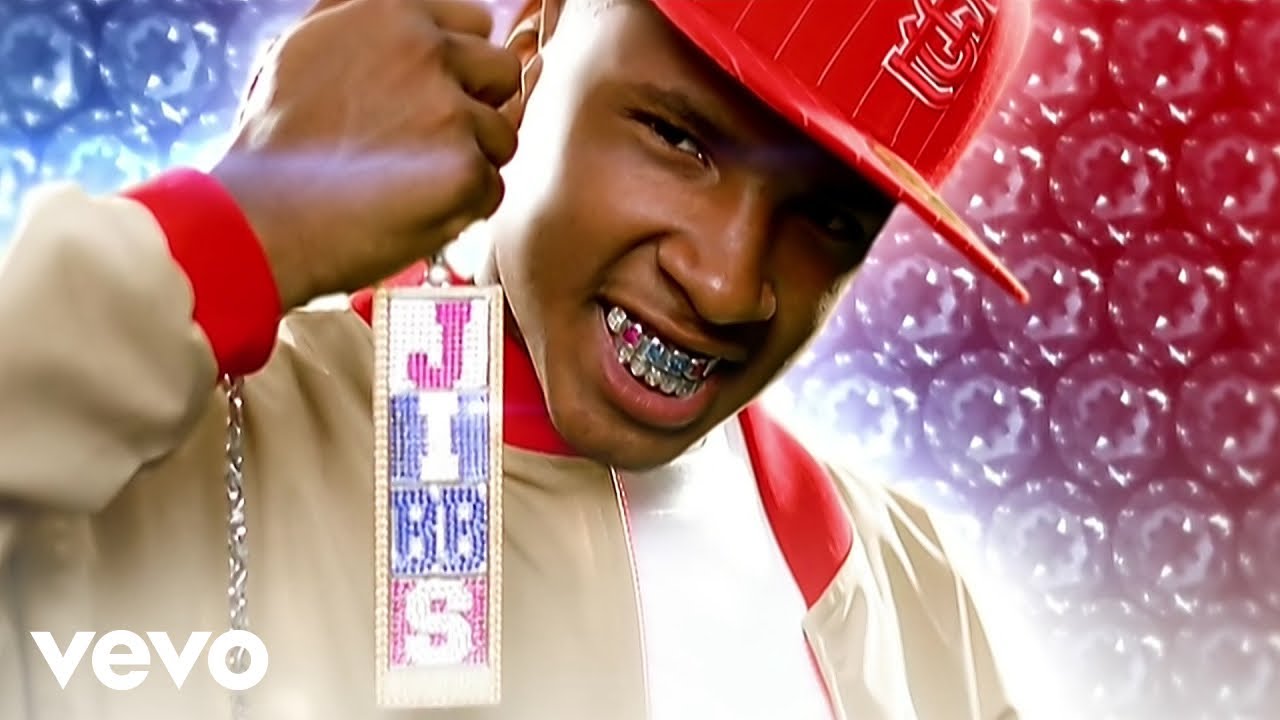 1. Learn words:
1. Learn words:
1. Watch, cook, practice, talk, explain, play, help, seek, want, stand, lie, hang, be.
2. Like, loud, quiet, right, wrong, interesting, boring, fast, slow, attentive, inattentive.
3.Where, left, right, middle, near, close, far, straight, above, below, high, low.
4. Entrance, exit, elevator, staircase, building, apartment, room, hallway, corridor, hall, living room, office, kitchen, dining room, bathroom, toilet, balcony, yard, floor, building.
5. Furniture, sofa, armchair, bedside table, carpet, shelf, hanger, sink, faucet, toilet bowl, bathtub, shower, pillow, blanket, vase, umbrella, umbrella, curtain, key, box, mirror, picture, camera, soap, towel, suitcase, toothbrush, toothpaste, comb, brush, match, TV, computer, tape recorder, toy, wastebasket, iron, light bulb.
№ 2. Write possessive pronouns.
mine, mine, mine, mine
1. This is a __________ building. 2. This is a __________ apartment. 3. This is __________
rooms.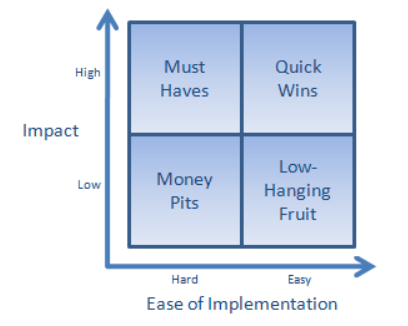 4. This is __________ entrance hall. 5. This is a __________ corridor. 6. This is
4. This is __________ entrance hall. 5. This is a __________ corridor. 6. This is
__________ room. 7. This is __________ living room. 8. These are __________ cabinets. 9. This is __________ the kitchen. 10. This is __________ dining room.
138
yours, yours, yours, yours
1. This is a __________ bathroom. 2. This is a __________ toilet. 3. This is __________
canteen. 4. These are __________ balconies. 5. This is __________ yard. 6. This is
__________ floor. 7. This is a __________ building. 8. This is a __________ sofa. 9. These are
__________ armchairs. 10. These are __________ bedside tables.
ours, ours, ours, ours
1. These are __________ carpets. 2. This is a __________ regiment. 3. This is __________
hanger. 4. This is a __________ sink. 5. This is a __________ faucet. 6. This is
__________ toilet bowl. 7. This is a __________ bath. 8. This is a __________ shower. 9. This is
__________ pillows.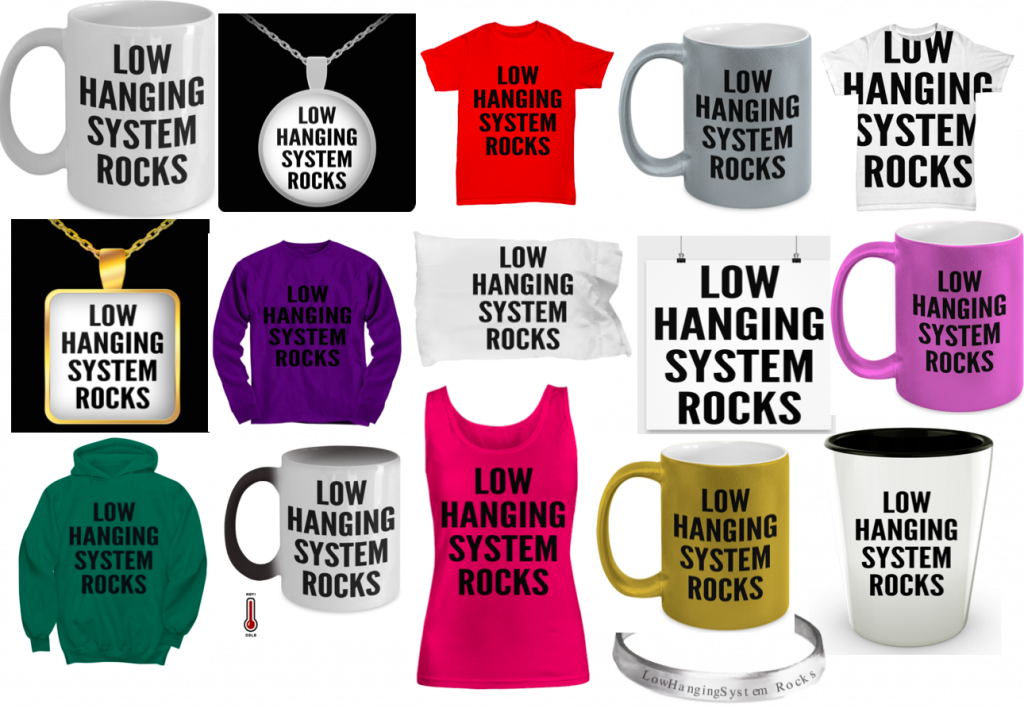 10. These are __________ blankets.
10. These are __________ blankets.
yours, yours, yours, yours
1. These are __________ vases. 2. This is a __________ umbrella. 3. This is __________
toys. 4. This is a __________ curtain. 5. This is a __________ key. 6. This is
__________ box. 7. These are __________ mirrors. 8. This is a __________ picture. 9.ͦThese are __________ cameras. 10. This is __________ soap.
his
1. These are __________ towels. 2. This is a __________ suitcase. 3. This is
__________ toothbrush. 4. This is __________ toothpaste. 5. This is __________
comb.
her
1. This is a __________ brush. 2. These are __________ matches. 3. This is __________
TV. 4. This is a __________ computer. 5. This is a __________ tape recorder.
their
1. These are __________ umbrellas. 2. This is a __________ trash can. 3. This is
__________ iron. 4. This is a __________ bulb. 5. __________ chairs.
№ 3. Make phrases.
Make phrases.
| Ivan Petrovich | Nina Ivanovna |
|
This is Ivan Petrovich, and this is his watch.
| cat Dusya | Tuzik dog |
|
|
|
|
|
|
| 139 |
|
| Masha | Misha |
|
|
| Lev Ilyich |
| Anna Sergeevna |
| |||
|
|
|
|
|
|
|
| |
|
|
| № 4. |
|
|
| ||
| 1. | I watch (watch) TV. | 13. | You __________ (watch) the series. | ||||
|
|
|
|
| 14. | Mom __________ (cook) soup. | ||
| 2. | You __________ (cook) dinner. | ||||||
3. He __________ (study) at home.
4. Girls _________ (talk). 16. You __________ (speak) loudly.
5. He __________ (explain) verbs. 17. People don't ________ (talk).
6.Children __________ (play) here. Who __________ (to be) here? 15. I __________ (engage) a lot.18.
| 7. | We __________ (search) house number 1. | 19. | Things __________ (lie down) on the left. |
| 8. | You __________ (want) to walk. | 20. | Map __________ (hanging) high. |
9. Wardrobe __________ (stand) there. 21. We __________ (stand) close.
10. Hangers __________ (hang) here. 22. Do you __________ (want) to eat?
11. Soap __________ (to lie) nearby. 23. What are you __________ (look for) here?
12. House __________ (to be) there. 24. I __________ (explain) the rule.
|
| № 5. Change a word to an antonym. |
|
|
|
| Model: It makes the test fast. – | He takes the test slowly. | |
| 1. | I don't understand the lesson well. | 11. | The book is upstairs. |
| 2. | You know Russian well. | 12. | There is a window on the right. |
| 3. | The boys are talking loudly. | 13. | You are standing close. |
| 4. | You write words carelessly. | 14. | Minin Square nearby. |
| 5. | Music plays softly. | 15. | Food is low. |
| 6. | Mom is watching the series attentively. | 16. | The dean's office is upstairs. |
| 7. | I read books quickly. | 17. | There are chairs to the right. |
| 8. | They have an interesting rest. | 18. | The card is hanging high. |
| 9. | We solve problems slowly. | 19. | We are close. |
| 10. It's very boring here today. | 20. | There is a cafe downstairs. | |
|
| 140 |
| |
№ 6. Ask questions.
|
| The engineer works well. |
| |
| Who works well? | What an engineer does |
| How does an engineer work? |
| okay? |
| ||
|
|
|
| |
|
|
|
| |
|
| Children talk loudly. | ||

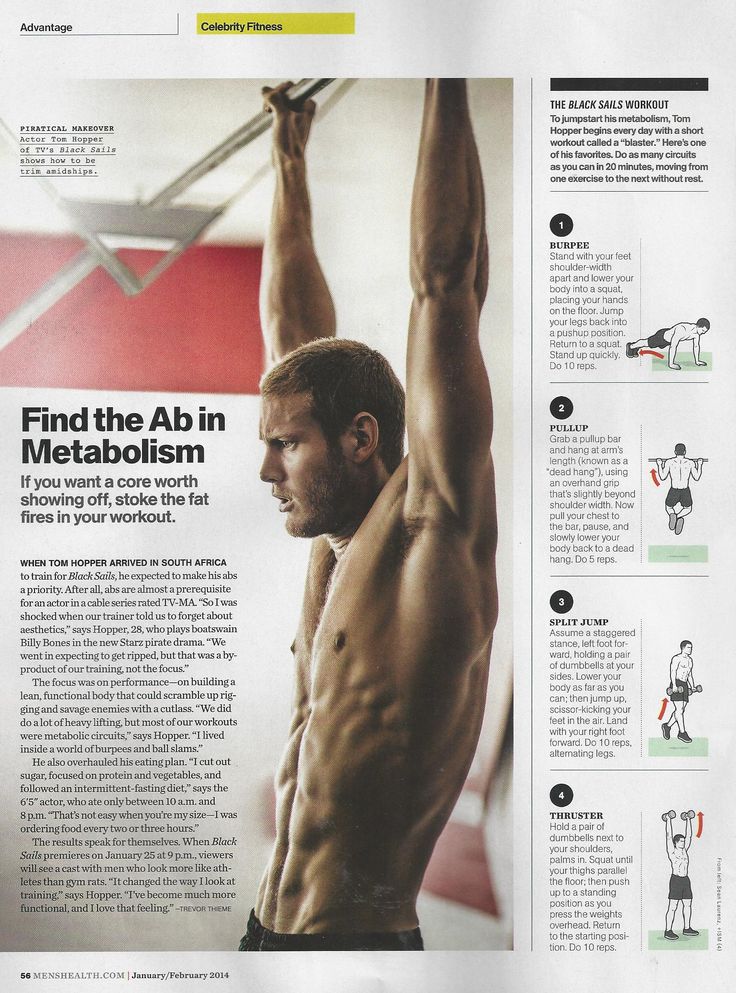 What about
What about 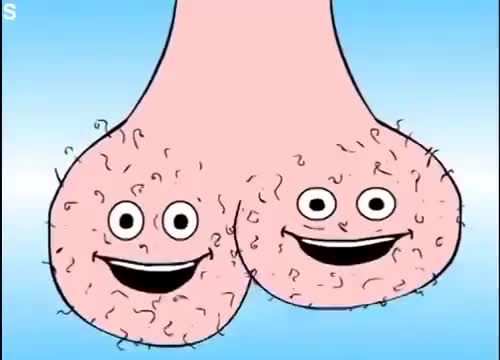

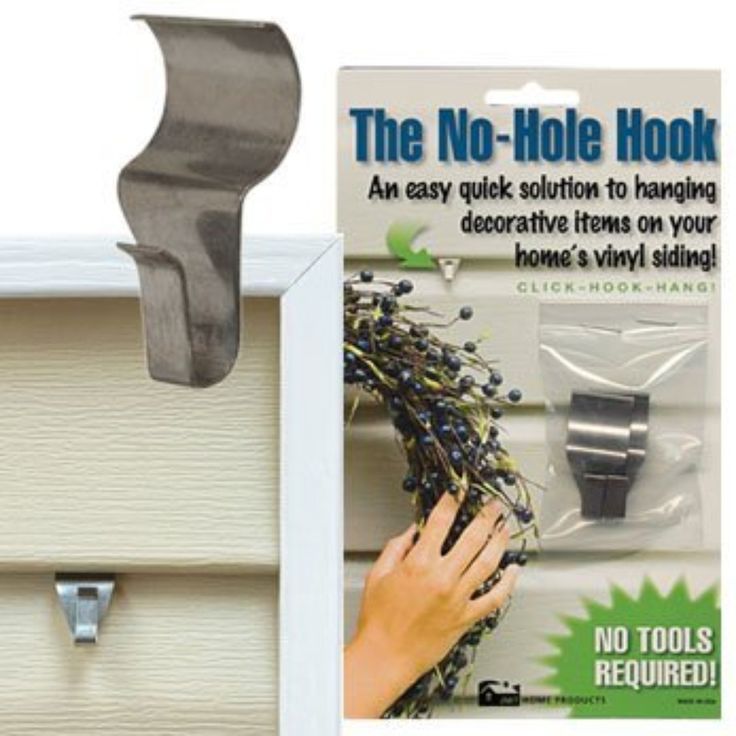 Left
Left 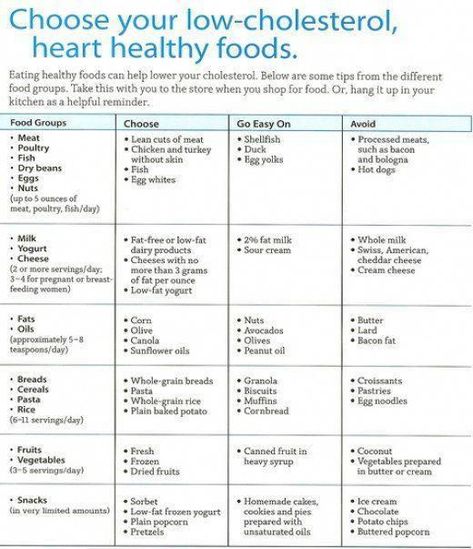
 Write verbs correctly.
Write verbs correctly. 
